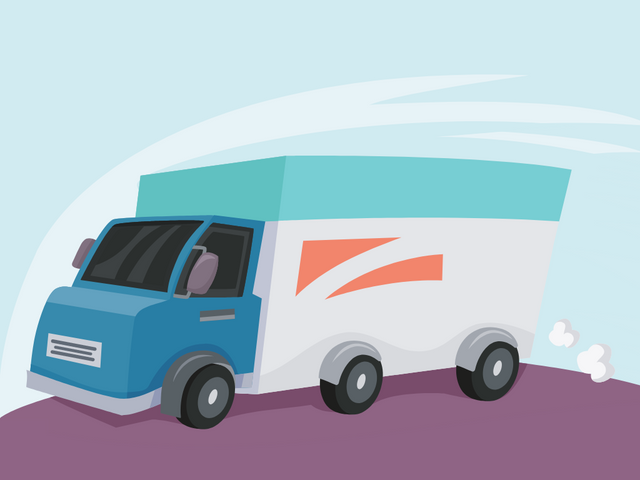What does the growth of a business rely on? It may depend on many things, but the most vital aspect of a business relies on its ability to create quality products and deliver them to consumers timely. Without this ability, a business would eventually fail. That is why your company should invest time, money, and resources into the production and delivery process.
For example, you may want to purchase equipment and hire or train workers to deploy these processes. But is it production that needs your attention? The transportation of products, or logistics as we might call it, also needs your input. Delivery and inventory management in a transportation management system and other logistics software can make the process much more efficient and make your customers happy.
As a business owner, you need to check out all parts of your business. Sales and production might be at the forefront of your focus, but the movement of your goods and services also matters. Logistics is a vital part of a business that might get overwhelmed by other parts of the process. Transportation management and other related aspects are more crucial to your business than you think.
Logistics: Why It Matters More than You Think
We need to define logistics before we can appreciate what they are. Logistics refers to the organisation, transport, and management of the flow of goods and services. Logistics management helps the acquisition, storage, and transportation of goods become more efficient. The entire logistics process takes place from a good’s origin to various waypoints, and finally, to its end destination. Delivery should result in further refinement or customer’s consuming.
Two aspects of the business that you must ensure are done well are product consumption and refinement. You need better quality resources and handling to ensure that your consumers will appreciate your products. With this requirement, logistics is one of the most crucial parts of your business operations. Now, with more people consuming international products than ever before, transporting resources becomes vital to modern economies. Businesses should consider how to reduce inefficiencies in logistics. This is where a transportation management platform might come in handy.
The Dos and Don’ts of Transportation Management

Transportation management is a field within supply chain management. When you improve logistics and supply chain management, you can implement and improve the flow and storage of goods. Transportation management aims to minimise the time and resources used in moving and storing goods. When you achieve this, you can maximise profits for your products.
Are you one of the many businesses losing millions of dollars per year because of transportation inefficiencies? One way you can get around this is by using transportation management software. A transportation management system can benefit those who use these tools. You can save tons of money when you streamline your transportation systems. Proper transportation management ensures that your goods arrive safely and on time.
What are some of the basic dos and don’ts of transportation management? Here are some things that can help you find ease of mind.
Do: Get an efficient tracking system
Your business should guarantee an efficient tracking method for your products. Not only will your customers rely on them, but your business too. If you do not have an efficient tracking system, delivery of your product to other facilities or consumers will be decidedly more difficult. Avoid any difficulties with your customers receiving your packages when you get an efficient tracking system.
Many businesses use a barcoding system that can correctly identify the package and the items contained in the package. A TMS system should be able to account for this and tell you the details of your cargo and its position at all times.
Do not: Fail to account for emergencies
Your transportation management system is not infallible. Sometimes, you will need to step in to account for missing or failed deliveries, late deliveries, and other complaints your customers may make. Running a business may result in unpredictable situations that spell disaster if you are unprepared. That is why you need to have an emergency plan in place in case you run into them.
Maintaining communication with the customer is vital. You should always take responsibility for any mishaps occurring because many stakeholders are involved in your business.
Do: Prioritise flexibility in TMS
When looking for a transportation management system, you should not rely on systems that are inflexible and do not pursue updates to the way they work. You will always have changes to your production cycle, your network of consumers, and your partnerships and operations. You need a system that can accommodate you and continue to do so for the foreseeable future. You should look for a system that is highly flexible and configurable.
Do not: Micromanage logistics
One of the biggest challenges of a business owner is learning how to manage logistics in the first place. Sometimes, business owners think they can accomplish everything by themselves and do not realise they need the help of other people. But many people, from individuals to big companies, rely on third parties to help them with logistics. They might also rely on a TMS system to get by. Micromanaging everything from supply chain to distribution to manufacturing can cause massive headaches and even drain your resources.
Do not make the same mistakes as these business owners. You can rely on third-party distributors or transporters to help you with specific minutiae of your business. You can create partnerships with third-party suppliers and contractors who can engage you in helpful dealings.
For ease of use, you can get a cloud based transport management system to help you keep track of your cargo. Use Cargobase to know more about what you can do to make transportation more efficient and speedier.

